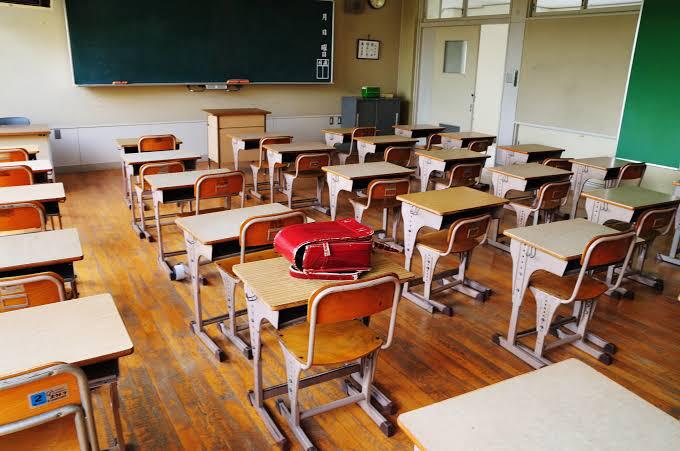The nationwide schools’ closures have disrupted learning and access to vital school provided services for a record number of students in Nigeria.
On March 19th, 2020 a circular from the Federal Ministry of Education has granted approval for the closure of all schools for a period of one month commencing from Monday 23rd March 2020 to prevent the spread of the Coronavirus. Each state in Nigeria has contextualized this circular.
According to UNESCO, almost 40 million learners have been affected by the nationwide school closures in Nigeria, of which over 91 percent are primary and secondary school learners. In a short time, COVID-19 has disrupted the landscape of learning in Nigeria by limiting how students can access learning across the country.
For an already fragile education system, the COVID-19 pandemic poses unprecedented challenges on the government, students, and parents, and could amplify some of the cracks in the system.
The nation begins to grapple with these challenges a key question arises: Is the Nigerian education system designed to adapt rapidly to the changing world? Given the state of affairs in the world today, the nation’s ability to ensure the continuation of learning will depend largely on their ability to swiftly harness available technology, provide adequate infrastructure, and mobilize stakeholders to prepare alternative learning programs.
To cushion the effects of the pandemic, the world is embracing technological innovations. Virtual interactions are increasingly adopted to replace face-to-face engagements and limit the total disruption to many sectors.
The use of distance learning programs, open educational applications, and platforms by schools and teachers to reach learners remotely like zoom class, google class, these could include other integrated digital learning platforms video lessons, Massive Open Online Courses (MOOCs) and broadcast through radio and television.
READ ALSO: WHO Pledges To Use Every Tool To Fight COVID-19
The success of these recommendations in Nigeria hinges on the use of high technology or low technology solutions, which are based on the reliability of local power supply, internet connectivity, and digital skills of teachers, students, parents, and caretakers.
Now is the time to bridge the gap of educational inequity by ensuring adequate funding of the education sector. The effect of the pandemic is just one out of many implications of educational inequity, we don’t know what awaits us in the future.
So it is highly important that we provide an equitable and inclusive learning environment for the students to ensure continuity in learning for all, irrespective of their socio-economic background. One of the palliative measures that can be adopted includes a public and private partnership with non-profits and other government agencies who are working to salvage the situation.
Such efforts can be supported through the provision of funds at this critical time. We should not forget that education is the bedrock of every society as education is the solution to whatever problem we might have.
Let us remember that whatever the problem is, education remains the solution. The future is in our hands to decide, let us join hands together to make Nigeria a better place through quality and inclusive education.
Yusuf Sani Maitama writes from Bayero University, Kano



 Premier League
Premier League